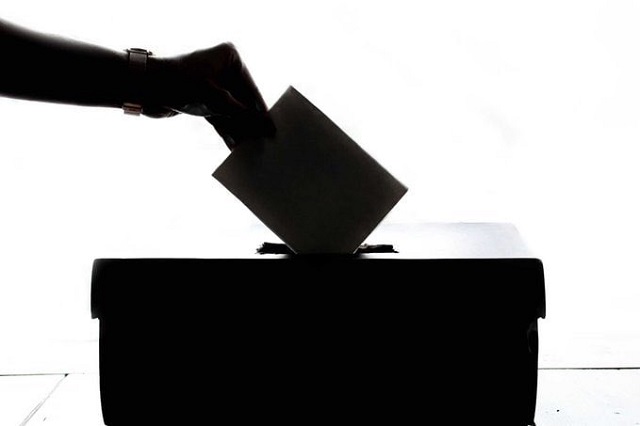
Will the Electoral Commission again plead time if it fails to ensure that these citizens register to vote in 2026?
COMMENT | MICHAEL ABONEKA | Uganda has a global and regional obligation to fulfil the right to political participation for its citizens under Article 25 of the International Covenant on Civil and Political Rights (ICCPR); articles 2, 9(2),10,13(1), (20) of the African Charter on Human and Peoples’ Rights (African Charter) and articles 3(7),4,10(2),17,27(2),30 of the African Charter on Democracy Elections and Good Governance (Democracy Charter). The right to vote is a key facet of political participation. All Ugandans of 18 years of age and above have a right to vote as provided for under Article 59 of the Constitution. Article 59(3) enjoins Uganda to take all necessary steps to ensure that all citizens qualified to vote register and exercise their right to vote.
The only limit to the exercise of the right to vote is if one is not yet the age of 18 years. For many years, Ugandans in the prison and Diaspora have been denied to exercise their right to vote. They have been accorded other rights such as the right to education and some prisoners sit for the national exams. The Uganda Prisons Services runs more than 11 schools and has two exam centres in Kampala and Mbarara. How come we can let prisoners sit for national exams and not vote? Who decides what rights should Ugandans in prisons continue to have and not?
There are over 70,000 Ugandans in Prison and more than 2 million Ugandans in Diaspora. The Ugandans in the Diaspora remit over US $1.4 billion to Uganda annually contributing about 3% of the country’s GDP. This cannot be underestimated. How is it that that we praise and love Ugandans in the Diaspora for their remittances back home but we cannot facilitate them to participate in the affairs of the same government through elections?
In June 2020, the High Court of Uganda in Msc. Cause 35 of 2018 affirmed that Ugandans of 18 years and above in prisons and Diaspora have a right to vote and that it was illegal and unconstitutional for the Electoral Commission not to put measures to ensure they are on the voters’ register. By choosing to ignore these categories of Ugandans is an act of discrimination against them. The Electoral Commission said then it was late to prepare the register for the categories of Ugandans to participate in the 2021 elections and that it would implement the Court’s decision for the 2026 elections.
In August 2023, the Electoral Commission launched its road map towards the 2026 general Elections and the same was revised in July 2024 there is no single activity concerning registering Ugandans in Prison and Diaspora to vote for reasons not known. Will the Electoral Commission plead time again for failure to ensure that Ugandans in Prison and Diaspora register to vote? The failure to put in place measures for Ugandans in Prison and the diaspora to vote is contempt of Court and a continuing gross violation of their Constitutional right to vote and amounts to discrimination. This is disenfranchisement of voters which has an implication on the credibility and integrity of the electoral process.
In preparation for the 2022 general elections, Kenya registered its Prisoners and the Kenyans in the Diaspora to be able to cast their vote. Congolese in the Diaspora for the first time were able to participate in the 2023 elections same as the Rwandans and South Africans in the 2024 elections. South Africa allows South Africans outside the country to register online or in-person at the nearest accredited embassies. Prisoners in Zambia exercise their right to vote too. There is enough precedence for Uganda to learn from and do the right thing.
There are dire consequences if the status quo continues to prevail. The Electoral Commission officials could face dire consequences on account of contempt of Court if they do not implement the Court directives. Uganda will continue to be in breach of its global and regional legal obligations and will be held responsible by the regional and global human rights systems. The thousands of Ugandans left out from participation have a legal right and claim against Uganda should they fail to participate in the elections and the elected leaders will face legitimacy concerns too.
*****

Michael Aboneka is Partner: Thomas & Michael Advocates in Kampala
 The Independent Uganda: You get the Truth we Pay the Price
The Independent Uganda: You get the Truth we Pay the Price



